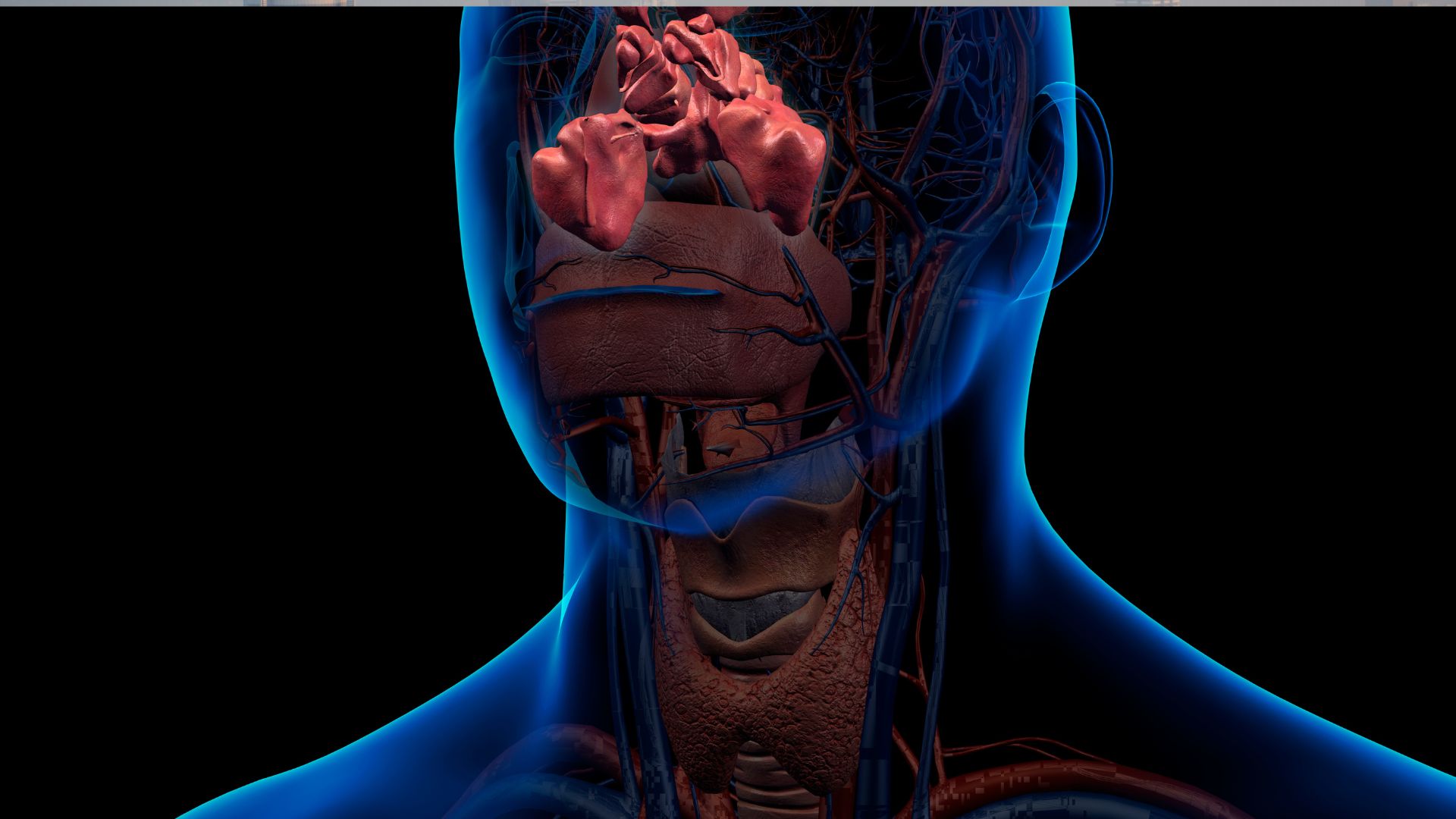Ethnic and cultural diversity significantly influences various aspects of healthcare, including ear, nose, and throat (ENT) health. As an ENT surgeon, it’s imperative to acknowledge and understand how different ethnicities and cultures impact the prevalence, diagnosis, and treatment of ENT conditions. In this blog post, we will delve into the intricacies of ethnic and cultural differences in ENT health, exploring common issues, cultural practices, challenges in healthcare access, preventive measures, and the role of cultural competence in providing optimal care.
Introduction to Ethnic and Cultural Differences in ENT Health
Understanding the significance of ethnic and cultural differences in ENT health is crucial for providing comprehensive care. Ethnicity plays a significant role in determining genetic predispositions to certain ENT conditions, while cultural practices and beliefs influence health-seeking behaviors and treatment preferences.
Common ENT Issues Across Different Ethnicities
Certain ENT conditions exhibit variations in prevalence among different ethnic groups. Allergies and sinusitis, for example, may be more prevalent in populations with specific genetic backgrounds or environmental exposures. Similarly, hearing loss prevalence and types of vocal cord disorders can vary among ethnicities.
Cultural Practices and Their Influence on ENT Health
Cultural practices, including dietary habits, traditional remedies, and lifestyle choices, can profoundly impact ENT health. For instance, certain diets rich in spicy foods may contribute to throat conditions, while traditional remedies may be sought before or instead of seeking medical treatment. Additionally, the use of tobacco products, prevalent in some cultures, can increase the risk of ENT disorders.
Language Barriers and Access to Healthcare
Language barriers present significant challenges in providing equitable healthcare to diverse populations. Non-native speakers may struggle to communicate their symptoms effectively, leading to misdiagnosis or inadequate treatment. Access to interpreter services is crucial to overcoming these barriers and ensuring effective patient-provider communication.
Preventive Measures and Education
Promoting awareness of ENT health issues within culturally diverse communities is essential for prevention and early intervention. Culturally sensitive educational campaigns can help individuals recognize symptoms, understand the importance of seeking timely medical care, and adopt healthy behaviors conducive to ENT health.
Cultural Competence in ENT Healthcare Providers
Healthcare providers must possess cultural competence to effectively address the unique needs of ethnically diverse patients. Cultural competence training can enhance providers’ ability to navigate cultural differences, communicate effectively, and deliver patient-centered care that respects diverse cultural beliefs and practices.
Case Studies and Examples
Examining successful interventions and challenges faced in multicultural healthcare settings provides valuable insights into addressing ethnic and cultural disparities in ENT health. Case studies highlighting culturally tailored interventions and community engagement initiatives can inform best practices and strategies for improving healthcare outcomes.
Technological Advancements in Addressing Cultural and Ethnic Disparities
Advancements in technology, such as telemedicine and digital health platforms, offer opportunities to bridge gaps in access to culturally sensitive healthcare. Telemedicine enables remote consultations, overcoming geographical barriers and increasing accessibility for underserved populations. Digital health platforms can provide culturally relevant health information and resources in multiple languages.
Collaboration and Community Engagement
Collaboration with community organizations and cultural leaders is essential for designing and implementing effective healthcare initiatives. Engaging community stakeholders fosters trust, enhances cultural relevance, and ensures that interventions are tailored to the unique needs and preferences of diverse populations.
Future Directions and Opportunities
Addressing ethnic and cultural disparities in ENT health requires ongoing research, policy advocacy, and community engagement. Identifying research gaps, advocating for culturally competent policies, and fostering partnerships between healthcare providers, community organizations, and policymakers are critical steps toward achieving health equity in ENT care.
Conclusion
Exploring ethnic and cultural differences in ENT health highlights the complexity of providing equitable healthcare to diverse populations. By acknowledging and addressing these differences, healthcare providers can deliver patient-centered care that respects cultural diversity, promotes health equity, and improves outcomes for all patients.
FAQs
- How do cultural beliefs influence ENT health practices? Cultural beliefs often dictate health-seeking behaviors, treatment preferences, and perceptions of illness, impacting the management of ENT conditions.
- What are some challenges in providing culturally competent ENT care? Language barriers, cultural differences in healthcare beliefs, and lack of cultural competence among providers can pose significant challenges.
- How can healthcare providers improve communication with non-native speakers? Utilizing interpreter services, employing multilingual staff, and providing culturally relevant educational materials can enhance communication and understanding.
- What role does community engagement play in addressing ethnic disparities in ENT health? Community engagement fosters trust, promotes cultural relevance, and facilitates the development of tailored interventions that address the unique needs of diverse populations.
- How can technology support efforts to address ethnic and cultural disparities in ENT care? Telemedicine and digital health platforms offer innovative solutions to overcome barriers in access to culturally sensitive healthcare, enabling remote consultations and providing culturally relevant health information.
About Author:
Dr. Vivek Kumar Pathak: Renowned ENT Surgeon, Senior Professor, and Founder.
Dr. Pathak, ENT surgeon at Kailash Hospital, Senior ENT Professor at Sharda University, and founder of Entegrity Care, brings expertise and innovation to healthcare. Discover the visionary behind Doxtreat Healthcare, shaping the future of ENT care.
Website www.drvivekpathak.com
Call +917838450942
WhatsApp +91 78384 50942
Book an appointment with Dr. Vivek kumar Pathak by filling the form.




